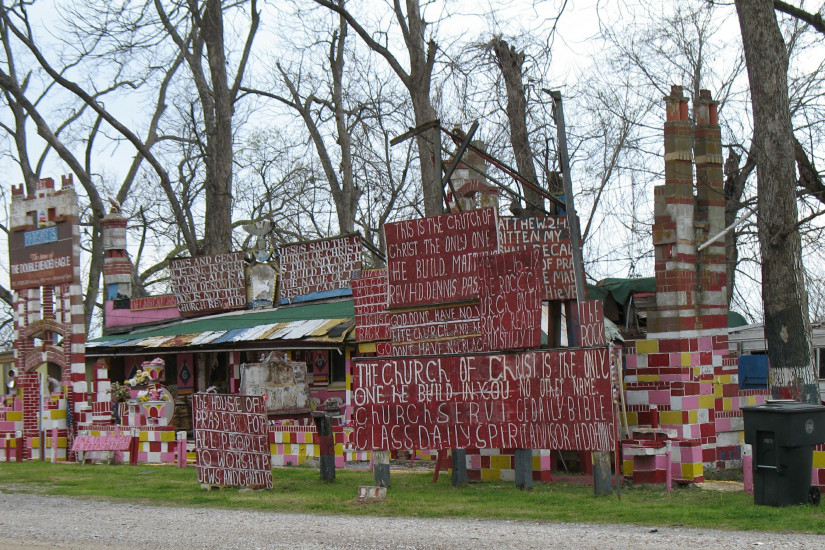In 2011, the Colorado-based Personhood USA ministry made Mississippi the latest staging ground in its campaign to amend a state constitution to define “personhood” to “include every human being from the moment of fertilization.” Personhood USA chose Mississippi for a specific reason. America’s most religious state (at least according a recent Pew poll) is home to the ultra-conservative American Family Association and the anti-abortion Baptist State Convention. Personhood USA believed that Mississippi’s conservative Christians would mobilize to help pass the measure, known locally as Ballot Initiative 26, by wide margins.And mobilize they did. A coalition of imported and homegrown activists flooded Mississippi’s airwaves with pro-personhood ads and blanketed the state with yard signs urging Mississippians to “Vote Yes on 26!” Journalists from around the country flocked to the Magnolia State, which once again made national headlines for its hard-line social conservatism. Despite polls showing an electorate split evenly between supporters and opponents of the measure, America’s newspapers of record, including The New York Times and The Washington Post deemed the outcome foreordained.
But the polls and the pundits were wrong. The amendment failed spectacularly, by a margin of 58 to 42 percent. Seemingly as quickly as they arrived, the national media decamped from Mississippi. Mississippi’s imminent passage of the Personhood amendment was big news. The initiative’s defeat was not.
Why didn’t pundits, politicians, and activists stop to ask how they had been so wrong about the voters in Mississippi? The answer is that when Mississippi doesn’t hew to simple narratives, Americans no longer know how to talk about it. In the national imagination, Mississippi is the state of extremes: the poorest state, the fattest state, and the most conservative state. But especially when it comes to Mississippi’s place as America’s most religious state, there is rarely room, it seems, for a more complex narrative. The Personhood amendment’s unexpected failure demonstrates that there are complicated social and political realities in Mississippi, realities that are not captured in political prediction models that assume that exceptionally high rates of church attendance and professions of faith redound to knee-jerk social conservatism in the voting booth.
The tendency to reduce Mississippito a set of statistics, most of them regrettable, is not new. In September 1931, H. L. Mencken completed a comparative analysis of the United States in which he concluded that by nearly every possible measure—education, wealth, culture, health, and political participation—Mississippi stood “without a serious rival to the lamentable preeminence of the Worst American State.” Certainly, Mencken, the sharp-penned journalist whose disdain for the South was legendary, did not always represent broader American opinion. Yet Mencken was right that his conclusions about Mississippi would “probably surprise no one,” at least no one outside of Mississippi. Like many journalists of his day, Mencken linked Mississippi’s poverty with its reactionary politics and tied them both to the state’s high concentration of white evangelical Christians.
